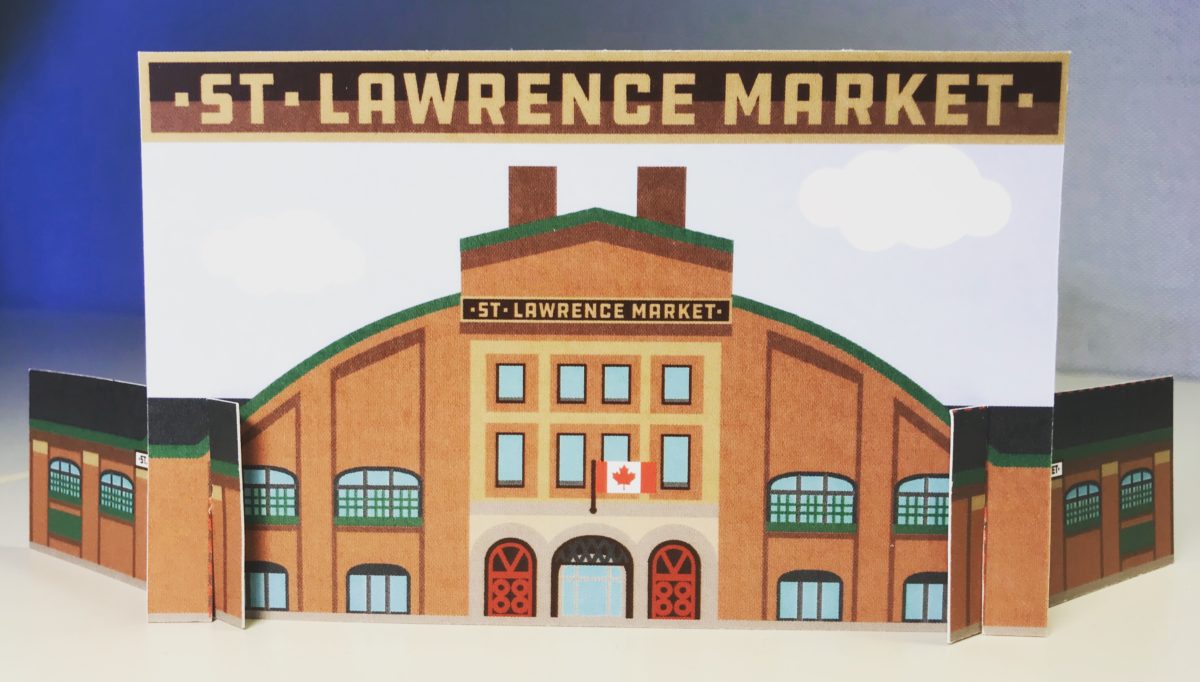I’ve learned several important things being married to a Canadian-Italian woman. Things that define the Italian community I’ve been grafted onto. Things I never really paid attention to when I was young, but which I do now that I’m older. Here are the top three:
The importance of family
I had a pretty decent family growing up. A decent, whitebread WASP-Irish middle-class family. As a kid, I thought we were pretty tight. When I met my wife, all that was blown away as I learned about Italian families, including…
- Weddings with 400 guests (and a whole roast pig trotted out around midnight).
- Visiting the in-laws regularly and spending five hours sitting around the dinner table, talking and eating.
- Attending every communion, confirmation, birthday and other significant occasion for every niece, nephew and mother/father/brother & sister-in-law.
- Vacationing together.
This didn’t happen in my family, partly because of distance (being scattered around several different provinces and states, depending on the year), but also because we simply weren’t close the way my wife’s family is. Everyone went their separate ways after growing up, and the broader web of aunts, uncles, nieces, nephews and cousins was similarly scattered, estranged or just not that connected. Time and our parents’ infirmity brought my siblings and me back together, but my wife’s family has never lost that connection.
They have an advantage, living in the same city, but they enjoy a stronger connection that gets reinforced with every text, call and family event.
Arthur Miller wrote that nothing is bigger than family. Miller wasn’t Italian, but the sentiment is. Growing up in my house, family was important, but not everything. For Italians, family is everything.
The importance of food
The main disadvantage of growing up in a whitebread WASP-Irish household was the food. We never lacked for any, and it was good, basic food. When I say “good,” I mean it in the nutritional sense of the word, not “good” in the way Italian mothers apply it to food, which is a celebration, an event and a show of love. Food in Italian households is so important, it’s almost a competition: people will talk about how good someone is at making pasta, how their homemade sausage stacks up, or how crisp their crostoli are.
My family was content to just have something edible on the table. It didn’t have to be gourmet (how many helpings of East-coast delicacies such as boiled potatoes and fried haddock I ate, I’ll never recall) but mom certainly tried. Not to the level that she felt she was in competition with anyone, but she tried.
That’s not the way it works in traditional Italian households. At least as a guest, meals are a multi-stage affair, with a range of antipasti greeting you when you walk in, then the various courses, followed by dessert and a fruit tray after that, maybe with some chestnuts or something similar.
Food and family go hand-in-hand: one facilitates the other. As you eat, you talk and come together. Bonds are renewed and strengthened, and it’s a perfect opportunity to comment on how much better nonna’s gnocchi are than the ones you had at so-and-so’s last week. Food makes it all happen.
The importance of talking
The national sport of Italy is supposed to be soccer. This is not true. The national sport of Italy and its diaspora is TALKING REALLY LOUD.
As kids, we were discouraged from talking too much, especially at the dinner table. Dad’s constant refrain was “I’m trying to eat!” This was a command to give dad a rest from idle chatter after a hard day’s work. We weren’t an expressive bunch, something I chalk up to the dour Scots-Irish genes running through our DNA, equal parts quiet reserve and emotional constipation.
I can’t imagine ever being told not to talk in an Italian household: conversation is an essential social lubricant. Volume is a whole other ballgame. I keep trying to explain to my wife that her “disagreement” is my “arguing” and her “raised voice” is my “yelling.” Growing up, not only was witty and vibrant conversation kept to a minimum, but raised voices were considered dangerous, a failure to keep emotions in check. In Italian households, it would be unusual and highly suspect for people not to raise their voices, and would indicate some deeper problem.
Putting it all together
It might sound comical, but these are significant differences. Family, food and talking weren’t venerated in my household the way they are in my wife’s, and millions like hers. Does that mean I had a lesser upbringing? No. My family prioritized lots of things, from education to stability. Each family is unique. None is better than another simply because of what they hold dear.
I’ve come to accept the volume of our conversations. The food is even easier to embrace. The family thing grew on me: a younger me couldn’t have understood its value, but as I’ve gotten older, it’s importance has become clear.
I wouldn’t trade my childhood for my wife’s. Except for the food.


